Since 2023, Lin Yun has been quietly making a comeback—both in the world of film and fashion. Her recent appearance in the show Footprint, wearing a delicate qipao with vintage-inspired styling, instantly captured attention across platforms. The combination of a soft green dress, retro finger waves, and understated makeup transported viewers straight into the elegance of 1930s Shanghai.
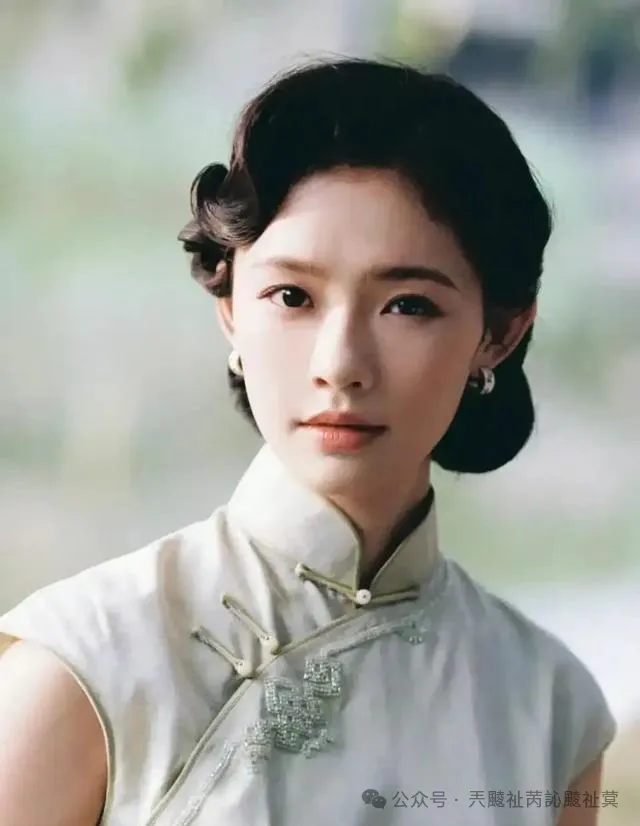
The response online was swift and strong. Some netizens said she looked “like a socialite straight out of old Shanghai,” while others asked, “Is this really the same bubbly girl we knew?” The contrast was so striking, it sparked trending discussions across social media—with over 130 million views on related topics within 24 hours.
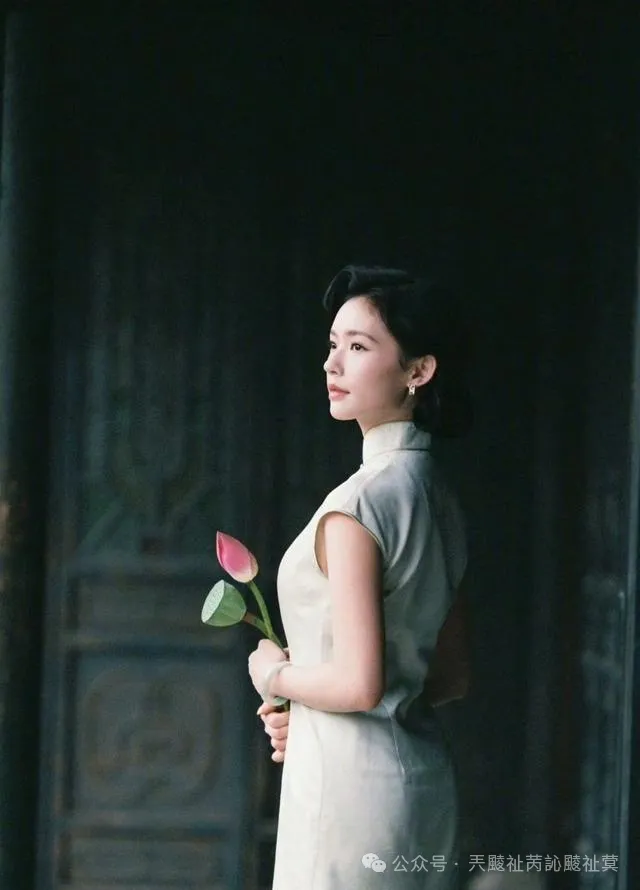
What stood out most was not just her beauty, but the narrative power of her styling. The soft green qipao shimmered with a matte pearl sheen, flowing with her movements and enhancing her figure. The carefully sculpted retro updo, side-swept wisps of hair, and subtle makeup—flattened brows, soft eyeliner, and velvet red lips—worked together to tell a story of refined elegance. There were no heavy filters, just smart styling and lighting, which gave rise to the mistaken assumption that she had cosmetic surgery.
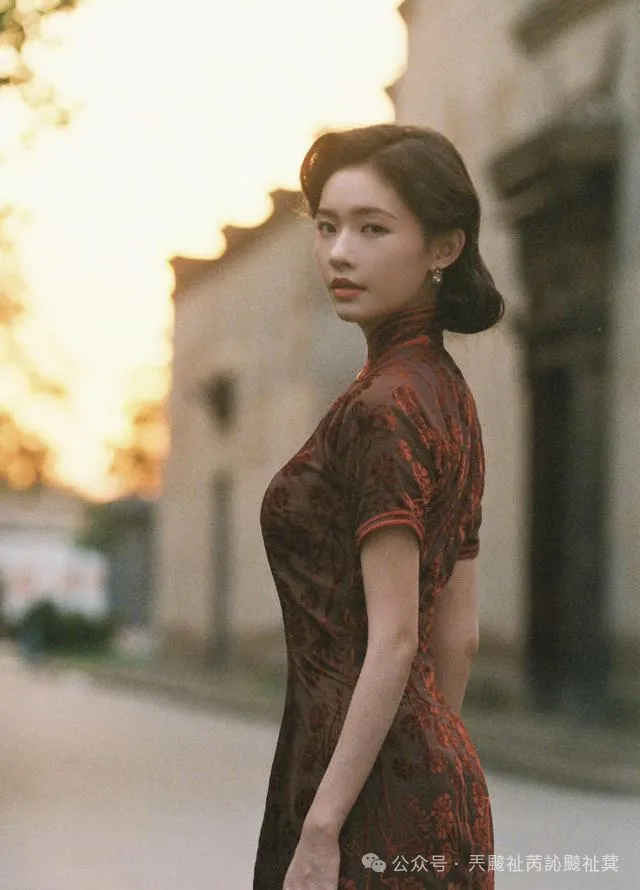
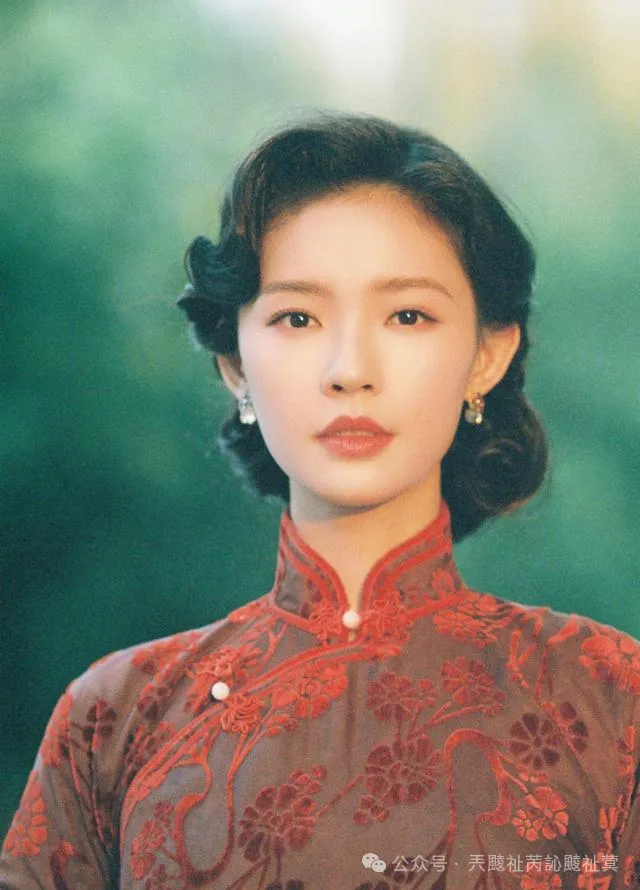
But a closer look revealed this was less about changing features, and more about mastering proportion and posture. Compared to her 2019 red carpet photos—where a slightly hunched back made her look more youthful but less poised—her latest appearance featured perfect shoulder padding, an open neckline, and a straightened back. This subtle shift in stance created a more expensive, composed aura. The transformation didn’t require a new face—just new framing.
Lin Yun’s qipao look also offered a replicable “style formula.” While many of her peers lean into minimalism or body-hugging dresses to showcase legs and waistlines, Lin Yun opted to compete on aesthetics, not just body image. In the age of short video content, where viewers decide within seconds whether to stay, her approach—style-first storytelling—proves more effective. It’s not just that she looked beautiful; it’s that people remembered how she looked.
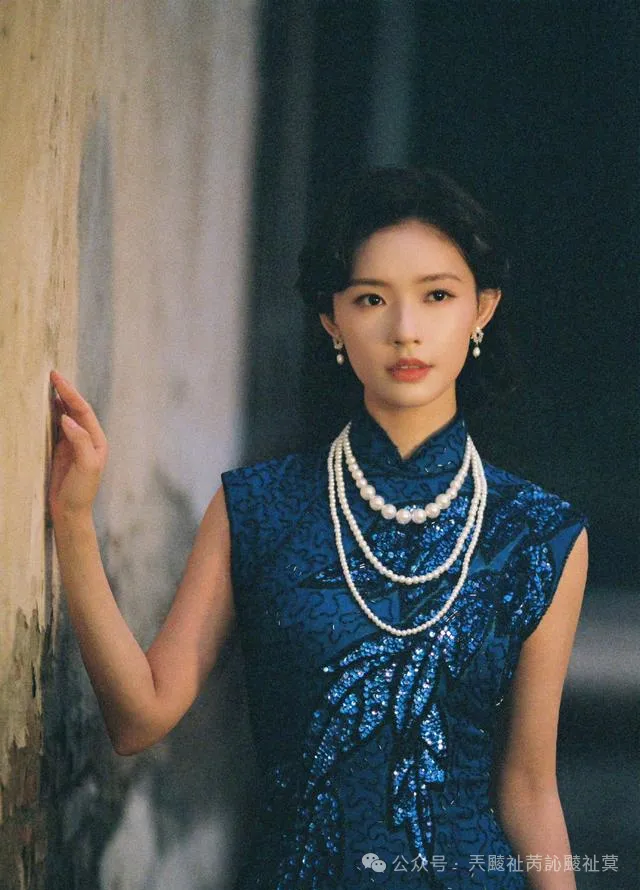
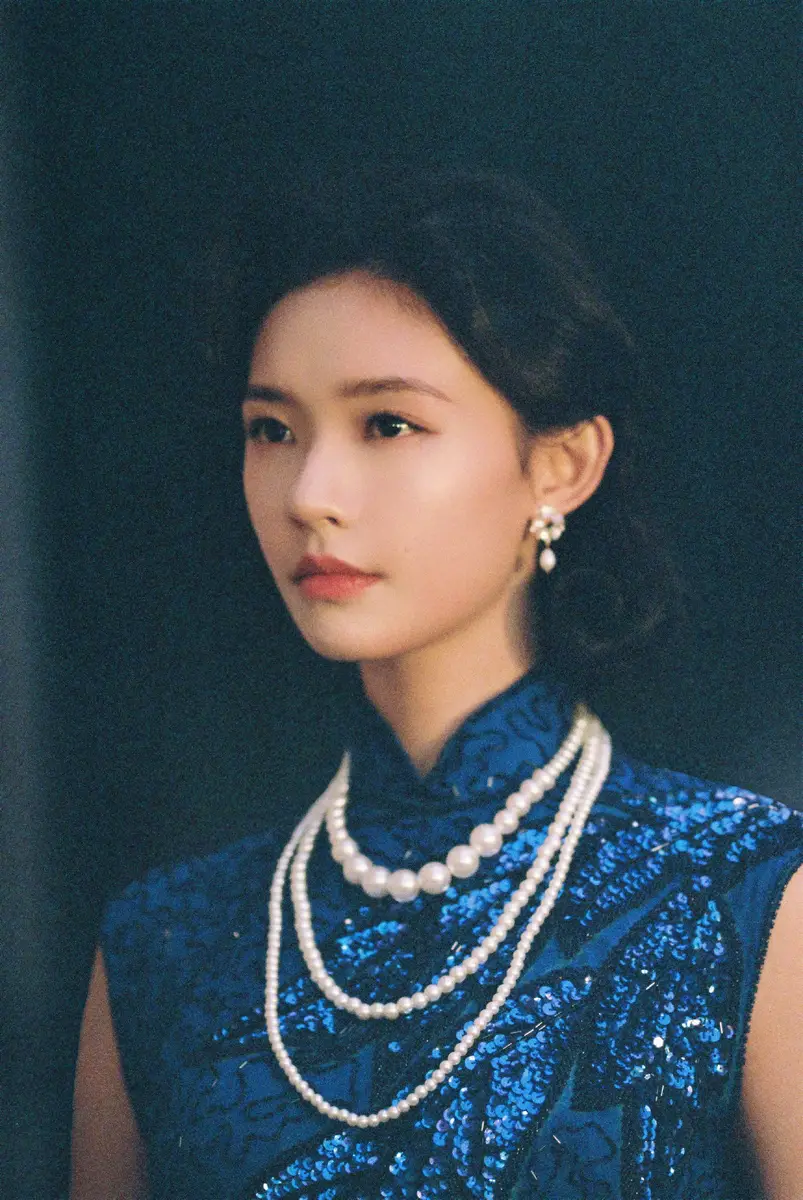
Interestingly, the online discourse around whether she had “plastic surgery” reflects a broader social tendency: we often attribute dramatic changes to the most sensational causes. But Lin Yun’s transformation is rooted in three very real adjustments—better muscle tone and posture, refined hairline and bangs that lifted her face shape, and smart color choices in both lighting and fabric. These subtle refinements can completely reshape how a face is perceived under natural light.
Even her movements had evolved. In Footprint, every step and turn was slower, more intentional. The way her dress trailed behind her felt cinematic, echoing the grace of old-school elegance. This kind of “delayed beauty” is something many young actors overlook, often favoring high energy over stillness. But here, Lin Yun gave the camera space to breathe.
She also avoided the common stereotypes associated with “Republican-era beauties,” which tend to either look overly conservative or overly provocative. Her performance landed in a rare middle ground: a character with restraint, presence, and quiet charisma. It’s easy to imagine her as a Shanghai heiress—or a quiet embroiderer from the south. That kind of versatility, shown not through lines but posture and expression, is invaluable for long-term acting careers.
Interestingly, what made headlines wasn’t gossip—like luxury homes or relationship drama—but her no-makeup gym photos and her “timeless aesthetic.” Her bare-faced appearance was praised for its natural expression lines and consistency with her red carpet looks, prompting a 62% spike in searches for “Lin Yun bare face.” It signaled a public shift from suspicion to trust—earned through repeated, real-life appearances.
In terms of strategy, her team executed a clever A/B test: one look in soft green and jasmine tones (fresh and elegant), and another in deep wine-red velvet (dramatic and theatrical). The former resonated more with general audiences and had higher repost and edit rates, while the latter was praised in high-fashion circles. This revealed a “temperature gap” between mass appeal and niche taste—an insight her team can use to tailor future campaigns: green for broad commercial work, red for editorial and film.
But such a refined look also raises the bar. When public aesthetic expectations climb, every appearance that follows will be scrutinized. The solution isn’t to repeat the qipao endlessly—but to internalize its aesthetic principles: clean proportions, shoulder definition, elegant posture, and disciplined styling. Bringing that same “modern socialite” grammar into casual street style and everyday wear is what will make the transformation sustainable.
The public debate—some saying she was “breathtaking,” others questioning filters—represents a necessary tension. The more people argue, the more her new identity sticks. From a media perspective, controversy is a form of memorability. And with consistent appearances, she can turn that initial doubt into long-term credibility.
In the end, Lin Yun’s qipao moment wasn’t just a visual high point. It felt like a statement of direction—a declaration that she’s ready to embrace a new narrative, one rooted in cultural aesthetics and timeless storytelling. Instead of asking “Is she different now?”, the better question might be: “How far can this version of her go—on screen, and beyond?”